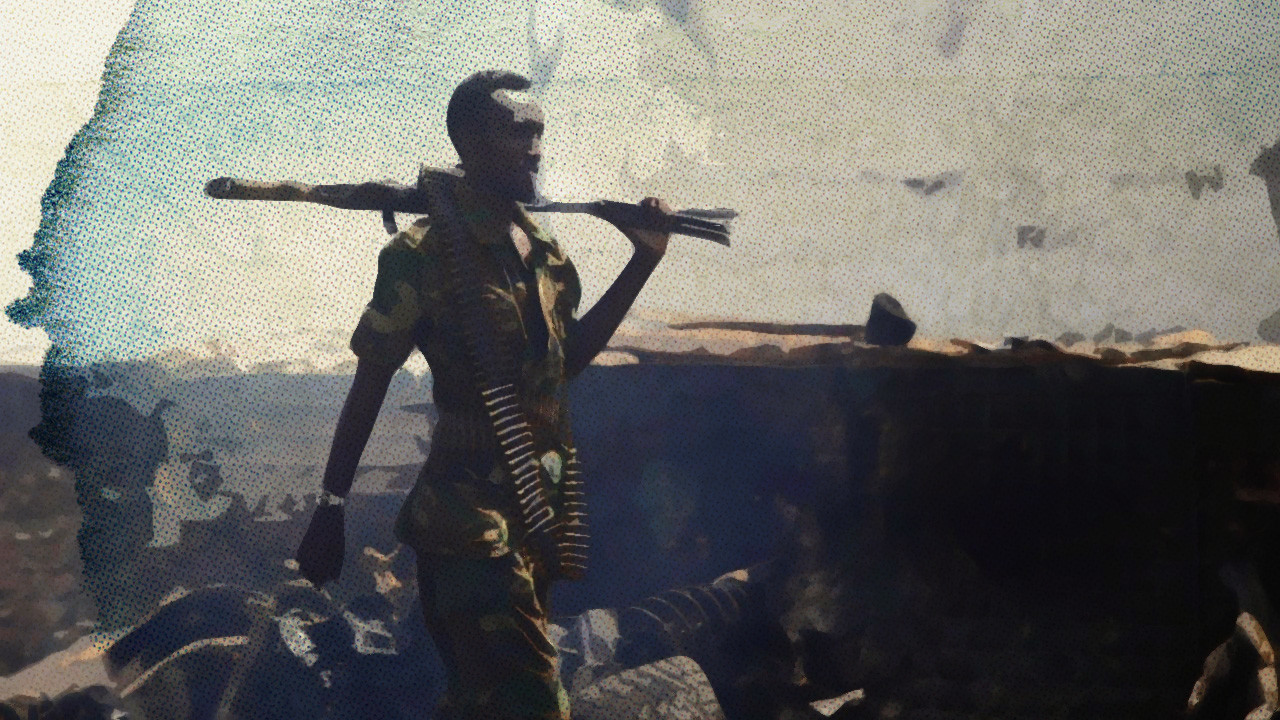Abaq
VIP
Sh Cali Wajiis is a wadaad, but even he made it clear. Cali Geedi and his clan were the guests. The hosts were Cayr and they made their position clear to Cali Geedi in the presence of his clan members who were present. Listen to it again. It’s quite clearThe ICU was willing to negotiate but outside forces compromised it by bombing Baidoa its in the Somali book called rising phoenix. Had that peace have happened Somalia would have a government similar to present day Iran
He’s not just talking about Cayr he’s own Abgaal didn’t want governance sheikh cali wajiis explaines, AS is a multi clan mafia organization but specific clans dominate the leadership while others are foot soldiers. Most of AS weapons come trough PL and their explosives through Djibouti ultimately I believe the end goal is for AS to take over Somalia.

Hawiye Militants, the Backbone of al-Shabaab
THE HAWIYE ARE AN INFLUENTIAL PEOPLE AND AS SOMALIA’S LARGEST AND MOST PROMINENT CLAN, THE HAWIYE AND IT'S POWERFUL SUB-CLANS HAVE PLAYED A KEY ROLE IN SHAPING THE COUNTRY’S IDENTITY. Present throughout southern and central Somalia, the Hawiye dominate vast regions of territory, including the capitawww.linkedin.com
